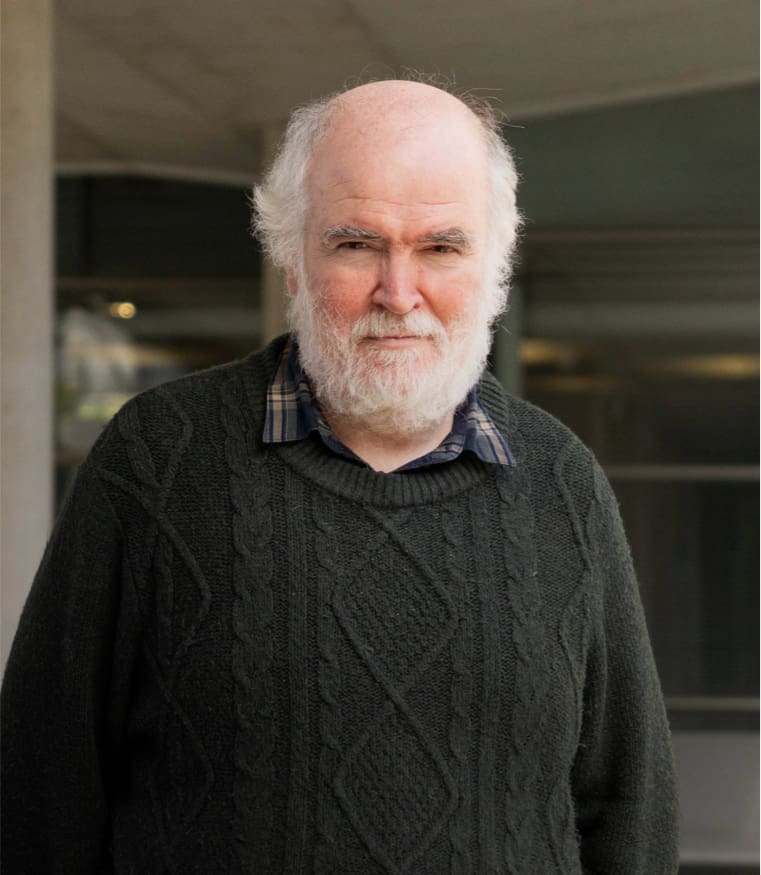A DFT study on the relative affinity for oxygen of the α and β subunits of hemoglobin
DFT calculations are carried out on computational models of the active center of the α and β subunits of hemoglobin in both its oxygenated (R) and deoxygenated (T) states. The computational models are defined by the full heme group, including all porphyrin substituents, and the four amino acids closer to it. The role of the protein environment is introduced by freezing the position of the α carbon atom of each of the four amino acids to the positions they have in the available PDB structures. Oxygen affinity is then evaluated by computing the energy difference between the optimized structures of the oxygenated and deoxygenated forms of each model. The results indicate a higher affinity of the α subunits over the β ones. Analysis of the computed structures points out to the strength of the hydrogen bond between the distal histidine and the oxygen molecule as a key factor in discriminating the different systems.

J. D. Maréchal, F. Maseras, A. Lledós, L. Mouawad, D. Perahia
J. Comput. Chem. 2006, 1446-1453
DOI:
Go to the journal

Let's create a brighter future
Join our team to work with renowned researchers, tackle groundbreaking
projects and contribute to meaningful scientific advancements



















